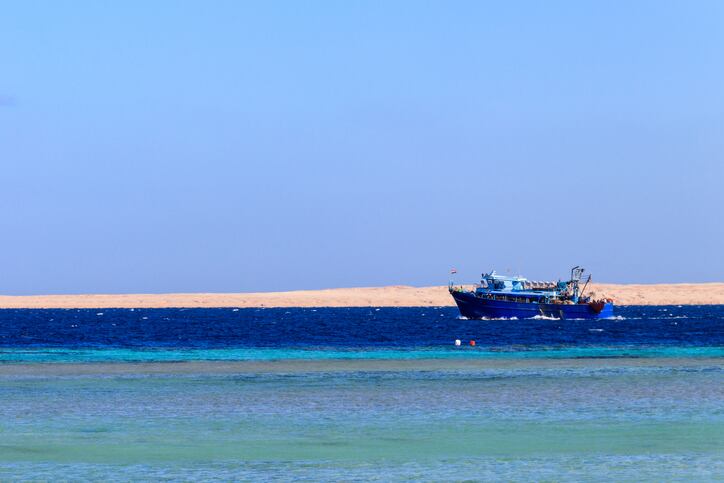According to the Export.gov website, Egypt’s major agricultural exports to the world are potatoes, cotton, and fresh fruit, primarily citrus.
Most of its exports are destined for the EU, Russia, North Africa and the Middle East
However, Egypt’s export sector have lost market share in its traditional Arab markets like Libya, Sudan, Iraq, Syria, and Yemen, due to the political crisis. Libya and Sudan together accounted for half of Egypt’s food exports.
The Egyptian business organisations are now planning to target African markets such as Gabon, Chad, Cameroon and Burundi.
The government will establish 10 logistics centres around the country, starting in Kenya.
Exporting companies will ship products to the centres and sell directly to traders.
Egyptian products will face fierce competition in African markets, especially from countries already established in those areas, including India, Turkey and China.
Stagnant stock
Hani Barzi, chairman of the Export Council for Food Industries said: “There is a large number of factories in the food sectors suffering from a staggering accumulation of merchandise in warehouses.”
He pointed out there were one million tonnes of stagnant stock held in Egypt’s sugar mills since March, due to the ongoing Libyan crisis and increasing tensions in Sudan.
Several countries in the Arab region, Europe and US have also imposed bans on importing some Egyptian products.
Adel al-Shenwani, a member of the board of directors of the 10th of Ramadan Investors Association said: “Many food industry exporters had focused on exporting products to Sudan in recent years at the expense of the local market. With the political crisis in Sudan, those exporters found themselves in trouble.”
Pier pressure
He said high costs hindered exports to African markets, especially for landlocked countries.
It costs up to $10,000 to ship to a country with no sea or river port, and $6,000 in countries with ports.
The high cost of transport is due to the increase in fees collected to secure goods against theft.
But the country is hopeful when its new shipping line connecting the port of Ain Sokhna on the Red Sea to East African countries opens in October this year.
The introduction of a new shipping line in October is expected to shorten the duration for Egyptians goods to reach Tanzania from 45 days to nine days.




